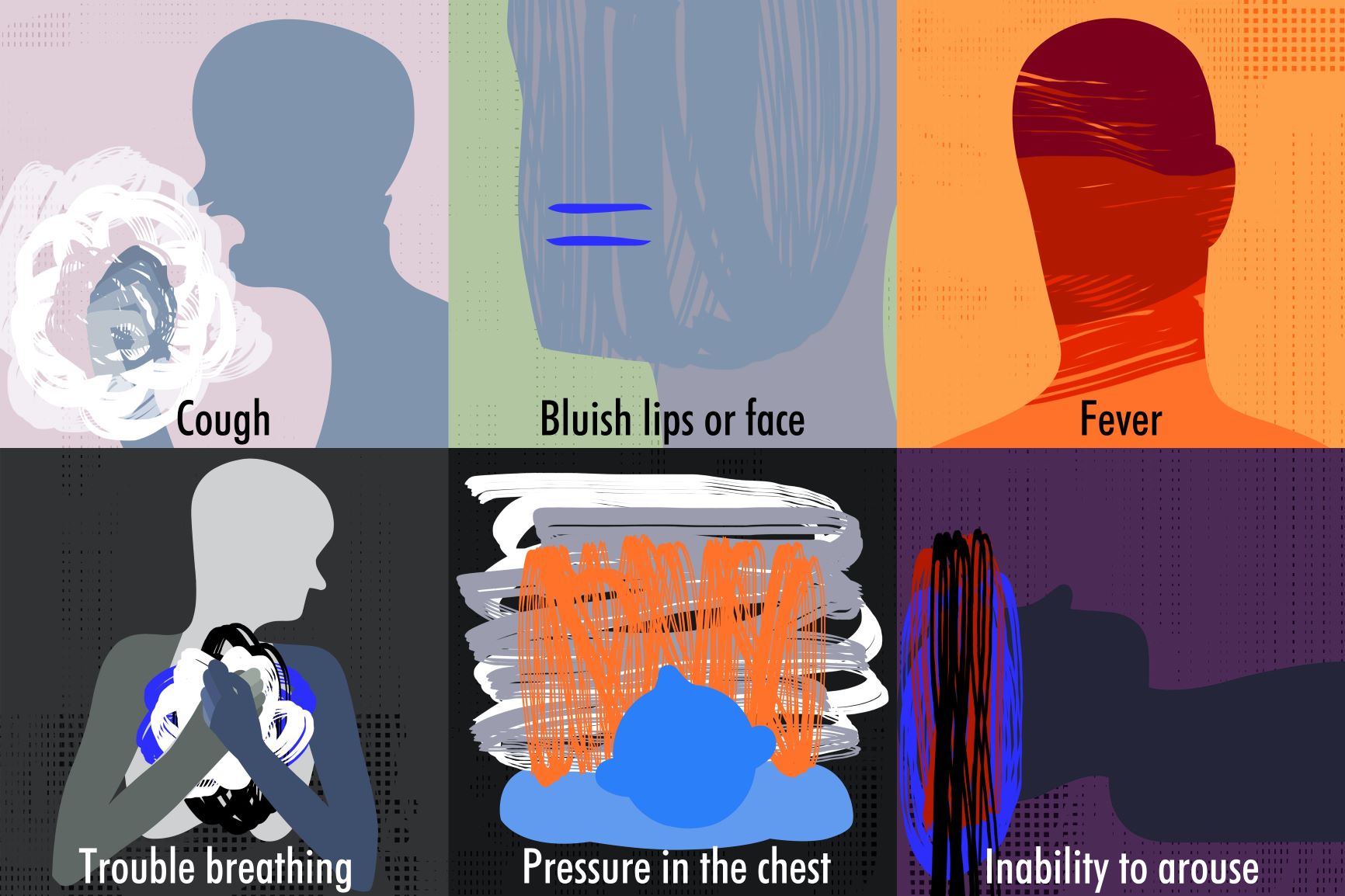The Prime Minister has urged people to look out for the onset of COVID-19 symptoms if they’ve been in contact with a confirmed case. But how do we know if we’re sick?
The SMC has collated a page of resources with the latest research on COVID-19 symptoms.
Fever, dry cough, loss of smell/taste, and shortness of breath are some of the most common. But non-respiratory symptoms like dizziness, ‘brain fog’, and blood clots can also occur less frequently.
The SMC asked experts to comment on COVID-19 symptoms.
Dr Michael Maze, Respiratory and Infectious Disease Physician, University of Otago, comments:
“Overall I think we should be keeping an eye out for the common symptoms, which are a runny nose, loss of smell, cough and feeling tired or ‘wiped out.’ Fever and achey muscles are also pretty common – but not everyone with COVID-19 will have a fever.
“There are also a much larger range of symptoms as COVID-19 can affect many different parts of the body. Symptoms such as nausea, vomiting, diarrhoea and headache can also occur but are less common.
“If we feel like we have a cold or flu then we should be getting tested for COVID-19 and self-isolating. People who have been exposed to COVID-19 would want to also be alert to other symptoms like nausea, diarrhoea, and headaches.
“While unusual symptoms can occur, they are not common. People are better to focus on staying alert and reacting appropriately to respiratory symptoms.”
No conflict of interest declared.
